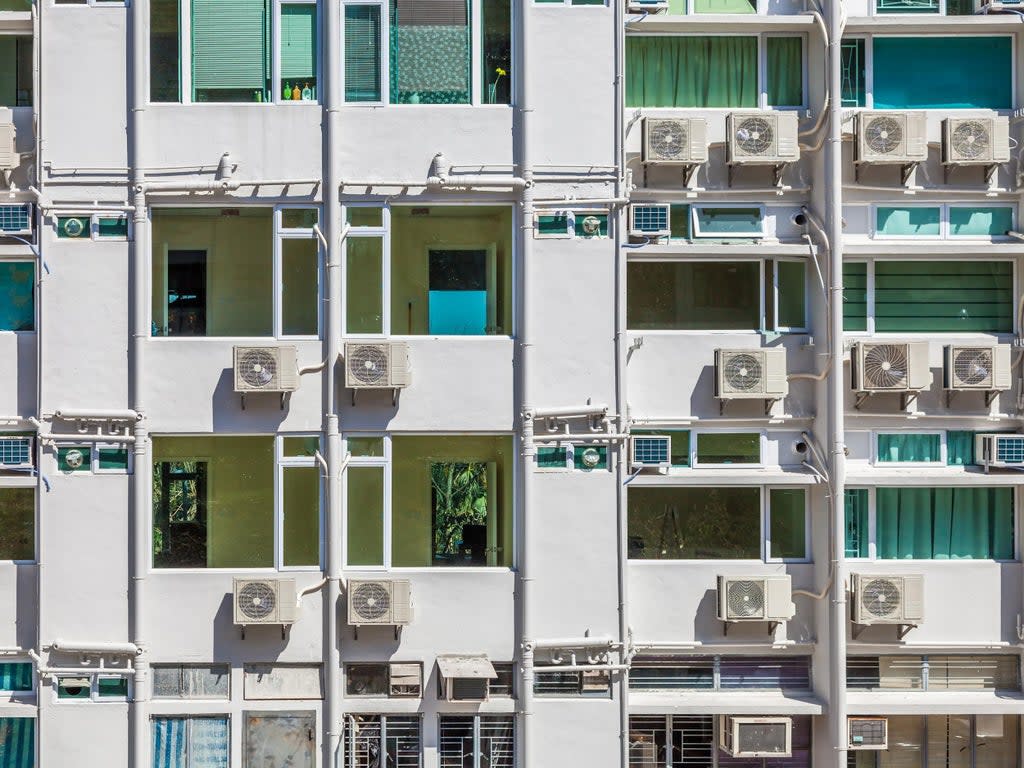Apartments the size of two king-size beds are being built in Hong Kong amid property squeeze

Apartments the size of two king-size beds are now being constructed in Hong Kong due to the ongoing property crisis.
According to a government document, the city's leading developer Sun Hung Kai Properties is building such small apartments in the Sai Kung area in the New Territories.
Most of the 5,400 units under construction measure only 26.3 sq m, while some are even smaller at 8.2 sq m. The smallest apartments are the size of two king-sized beds and don't include a kitchen or a bathroom.
Despite the space constraints, these tiny apartments continue to attract buyers amid a spike in property rates.
In July, the Chinese government had set a goal to eliminate all tiny homes in Hong Kong by 2049.
The Chinese government has often blamed big conglomerates’ “monopolistic behaviours” for the housing crisis. Recently, Chinese officials have asked the city’s tycoons to extend resources and back Beijing’s interests to help solve the housing shortage.
Hong Kong’s chief executive Carrie Lam on Tuesday said that the shortage of housing and increasing land supply will be prioritised under the new “patriots only” political system.
“I feel today [the developers] are very willing to cooperate with the Hong Kong government’s policies,” Ms Lam said. “I hope this kind of public-private partnership to solve social issues, after perfecting the electoral system, will yield more results.”
Hong Kong’s four top property giants lost $6.7 billion from their asset value on Wednesday after investors moved to sell, fearing that authorities will order housing price controls. There is increasing speculation that authorities will impose price caps and purchase restrictions to do away with the culture of nano apartments.
“People may be worried about whether they have to take up extra responsibility to build more subsidised housing,” said Philip Tse, the head of Hong Kong and China property research Bocom International, according to Bloomberg.

 Yahoo News
Yahoo News 
